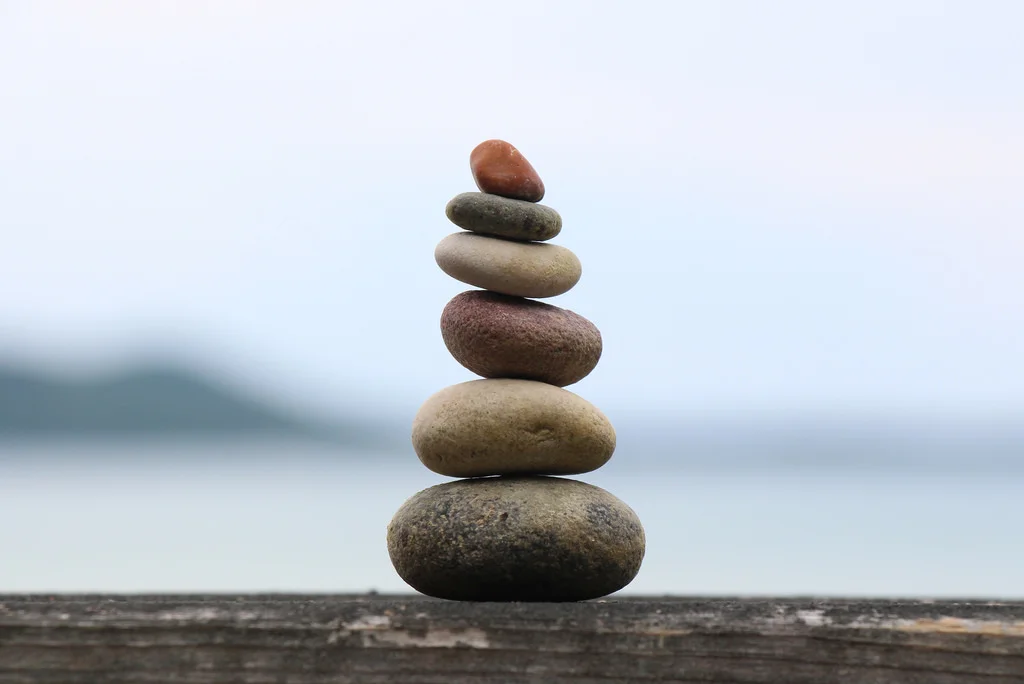By William Muñoz
Learning scales is one of those aspects of being a musician that you cannot simply avoid. At some point, you will have to learn them and the quicker you start tackling them the better. But why do we need to practice them? The short answer is that they are a fundamental aspect of mastering music and playing a musical instrument.











